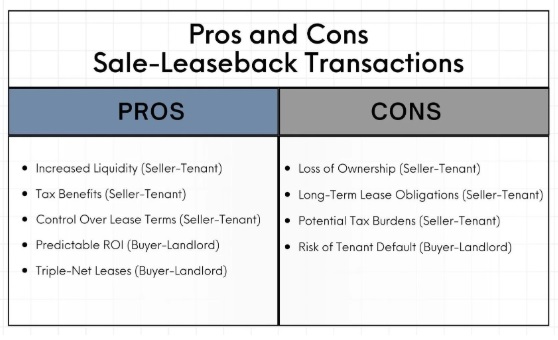Steady demand, combined with limited new supply, is contributing to the upward trend in retail real estate.
New construction projects are being delayed due to higher interest rates and rising material costs, and many have been put on hold altogether. The limited new supply has created steady demand for second- and third-generation retail space for lease in high-visibility, high-traffic locations. Reports indicate that the average time to lease has steadily decreased and that vacancy rates across the U.S. are at or near a 20-year low. As a result of the increased competition for existing spaces, there is upward pressure on asking rents.
Notable trends:
- Tenant demand has remained positive, as reflected in net absorption.
- Asking rents rose approximately 2.5% year-over-year.
- New construction volume remains well below historical averages, fueling competition for quality space.
Landlords with expiring leases should re-evaluate rates before marketing their spaces to ensure they have adjusted accordingly and are not missing out on potential income.
Store Closures: An Adjustment, Not a Downturn
Although the retail market remains fundamentally strong, we have seen several national and regional retailers close their doors in recent months. These closures are not always a sign of market weakness. In this case, they are frequently the result of shifting strategies. Today’s retailers are factoring in their e-commerce operations and seeking opportunities to reduce their physical footprint—and overhead costs.
With advance planning, landlords of these spaces can capitalize on an opportunity to reposition and improve the property. Average store sizes for new leases are down by over 15% compared to five years ago, and reconfiguring larger spaces into smaller units suited for multi-tenant use and repositioning the property can:
- Attract vibrant new tenants, including service-based and experiential retailers
- Adapt spaces for smaller, more flexible tenant footprints
- Strengthen the overall tenant mix to boost property performance
With the right approach, one vacancy can transform into multiple productive, income-generating spaces.
Actionable Steps for Investors and Owners
To thrive in today’s market, Atlas recommends that commercial property owners:
- Regularly assess portfolio performance through detailed commercial real estate analysis to identify repositioning opportunities and maximize returns.
- Prioritize tenant retention through proactive lease management
- Consider redeveloping or repurposing underperforming spaces
- Engage knowledgeable partners to provide commercial real estate services, from leasing and management to investment strategy and repositioning
Today’s retail market offers real opportunities for those ready to act strategically. Reach out to Atlas Real Estate Advisors to learn how we can help you meet your commercial real estate goals.










